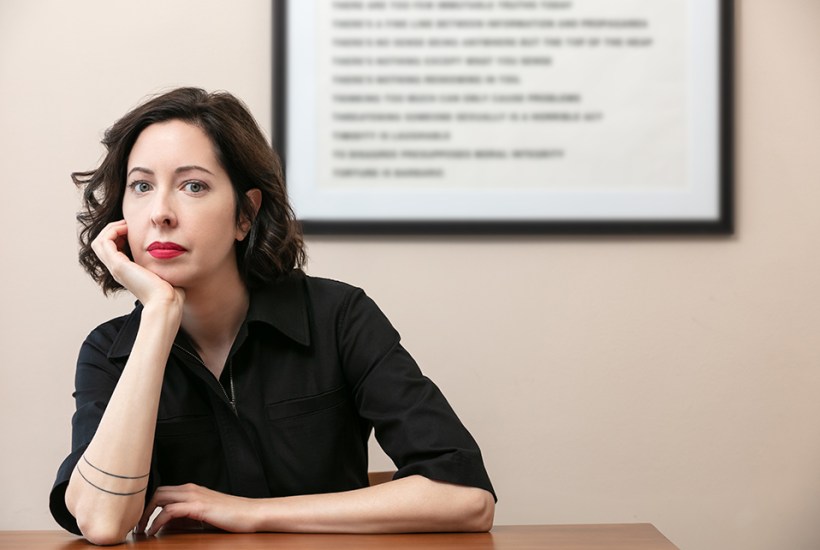‘My parents were liars,’ the narrator Ruthie says at the beginning of Sarah Manguso’s unsettling debut novel. Looking back on her abusive childhood in a New England town near Boston in the 1980s, she recounts how her father wore a fake Rolex that didn’t work, and her narcissistic mother was obsessed with social climbing, pinning the wedding announcements of local Mayflower descendants on the fridge as if she knew them.
Already a subscriber? Log in
Subscribe for just $2 a week
Try a month of The Spectator Australia absolutely free and without commitment. Not only that but – if you choose to continue – you’ll pay just $2 a week for your first year.
- Unlimited access to spectator.com.au and app
- The weekly edition on the Spectator Australia app
- Spectator podcasts and newsletters
- Full access to spectator.co.uk
Or
Unlock this article
You might disagree with half of it, but you’ll enjoy reading all of it. Try your first month for free, then just $2 a week for the remainder of your first year.








Comments
Don't miss out
Join the conversation with other Spectator Australia readers. Subscribe to leave a comment.
SUBSCRIBEAlready a subscriber? Log in